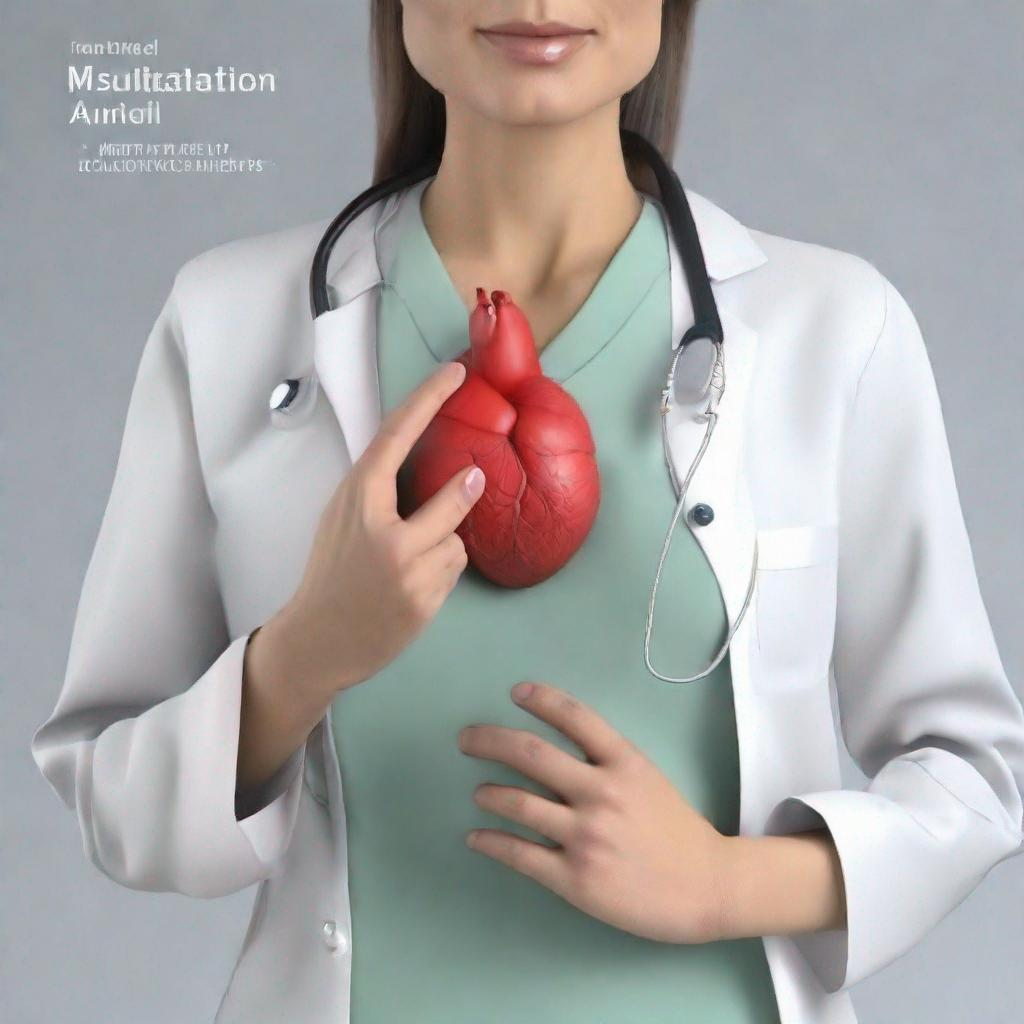## Cardiac Auscultation: A Non-Invasive Tool for Heart Health Assessments
### Introduction
Cardiac auscultation is a medical test used to listen to the sounds produced by the heart during its activity. By analyzing these sounds, healthcare providers can assess the heart’s function and identify any potential abnormalities.
### Procedure
During a cardiac auscultation, the doctor uses a stethoscope to listen to the heart sounds from different locations on the chest. The stethoscope amplifies the heartbeat, allowing the doctor to detect any abnormal rhythms, murmurs, or clicks. The doctor may also ask the patient to change positions or breathe deeply to enhance sound clarity.
### Diagnosis
Cardiac auscultation can help identify a wide range of conditions and diseases related to the heart and its structures, including:
**Diseases and Conditions:**
– Aortic stenosis
– Aortic regurgitation
– Atrial septal defect (ASD)
– Congenital heart disease
– Coronary artery disease (CAD)
– Hypertrophic cardiomyopathy
– Mitral regurgitation
– Mitral stenosis
– Pericardial effusion
– Pulmonary stenosis
– Tricuspid regurgitation
– Ventricular septal defect (VSD)
### Importance
Cardiac auscultation is a crucial part of a comprehensive cardiac exam. It provides valuable information that can:
– Detect murmurs, which are abnormal sounds created by blood flowing through narrowed or leaking heart valves.
– Assess heart rate and rhythm, identifying any irregularities such as arrhythmias.
– Evaluate the strength of heart contractions and the presence of additional sounds like clicks or gallops.
### Alternatives
In some cases, alternative tests may be used to complement or confirm findings from cardiac auscultation. These include:
**Procedures:**
– Echocardiogram
– Electrocardiogram (ECG)
– Holter monitor
– Stress test
– Transthoracic echocardiogram (TTE)
– Transesophageal echocardiogram (TEE)
### Preparation
No special preparation is typically required for cardiac auscultation. However, it is recommended to inform the doctor of any discomfort or changes in heart rate or rhythm experienced before the exam.
### Duration
Cardiac auscultation usually takes around 5-10 minutes to perform. Interpretation of the findings may take additional time.
### Recommendations
Based on the findings of cardiac auscultation, the doctor may recommend additional tests, such as an echocardiogram or ECG, to further evaluate the heart’s function. Regular cardiac check-ups, especially for individuals with a history of heart disease or those experiencing heart-related symptoms, are essential for maintaining heart health.
## Conclusion
Cardiac auscultation is a valuable non-invasive test that provides insights into the health of the heart. It is a crucial part of a comprehensive cardiac exam, enabling healthcare providers to identify and assess a range of heart conditions and diseases. By listening to the heart sounds, doctors can gain a better understanding of the heart’s function and recommend appropriate treatment or further testing when necessary.



